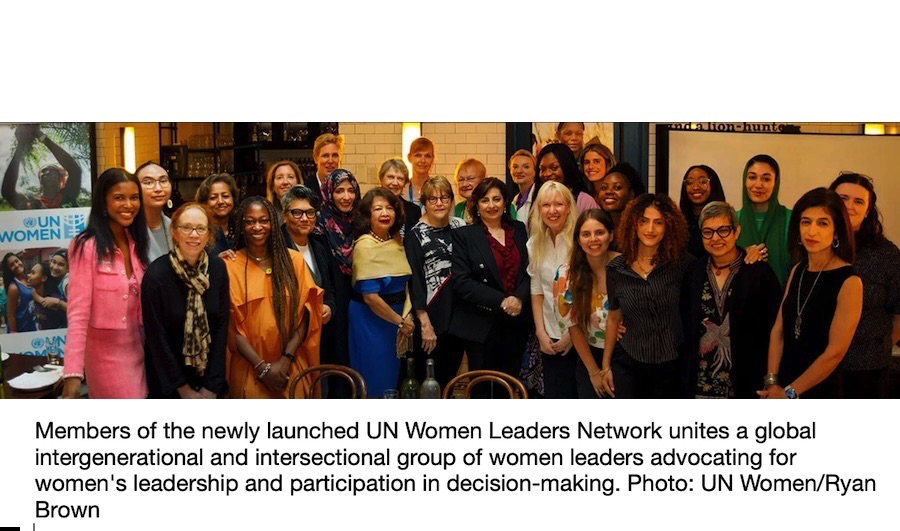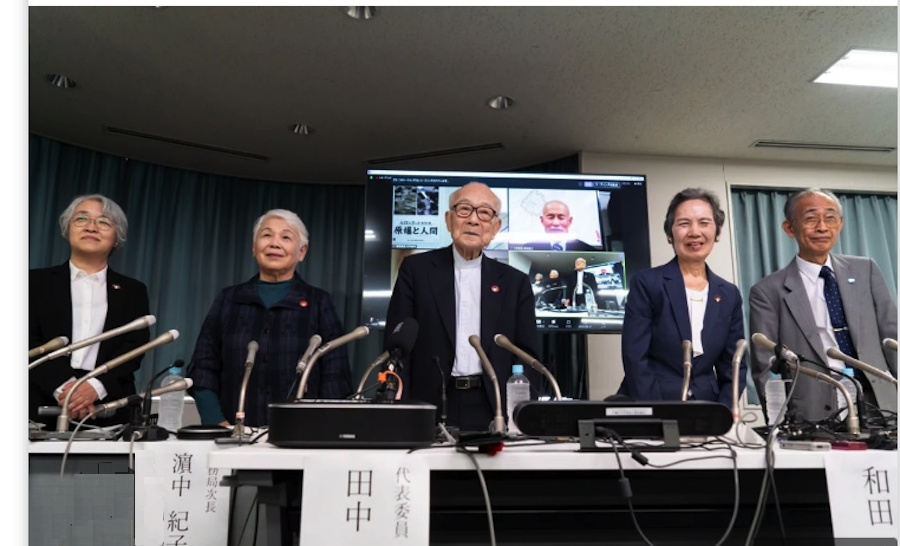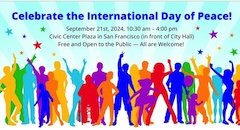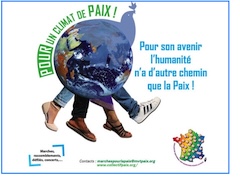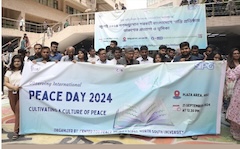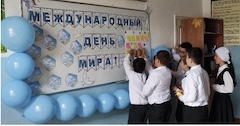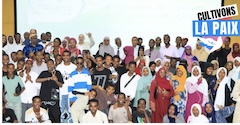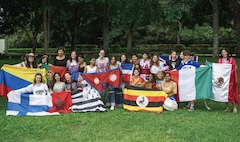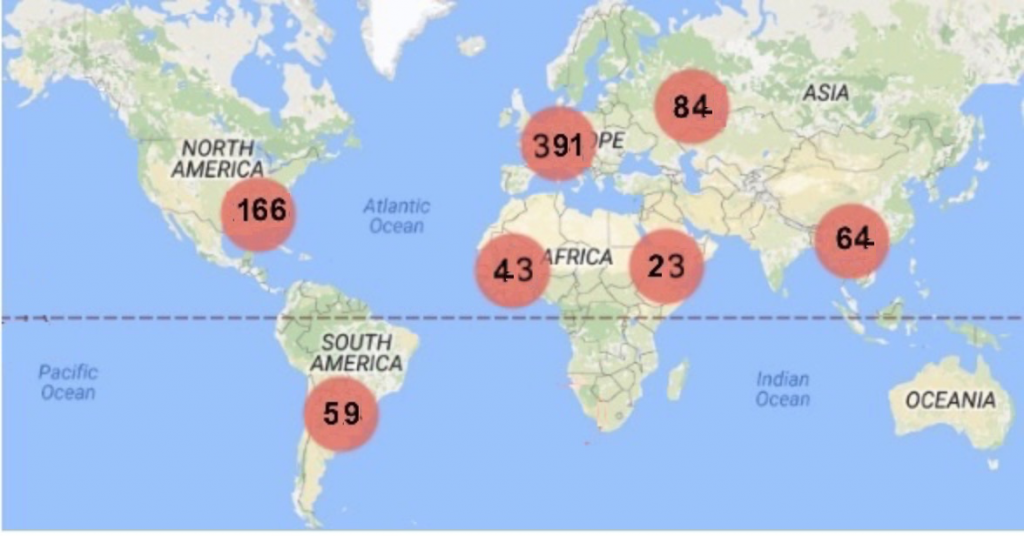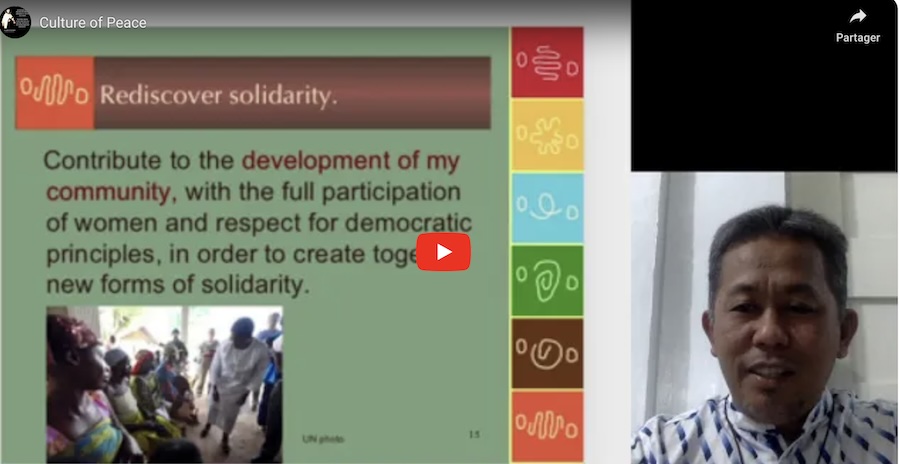.. DEMOCRATIC PARTICIPATION ..
Special to CPNN from Dr. Steven Handwerker*
” Dialogue must transform recrimination…innovative justice has to displace vengeance…determination over a long period of time is required to overcome entrenched forces… (and a ) ..transformation of motivation must accompany action.” (Hopkins, 2000)
Throughout the course of human history, there is no doubt, that often, the outcome of a violent and/or potentially violent encounter is dependent upon the character strengths of the negotiators and peace workers. In this practitioner’s 50-year history in the realms of peace building, as a clinician, mediator, and educator, five traits and qualities were essential.
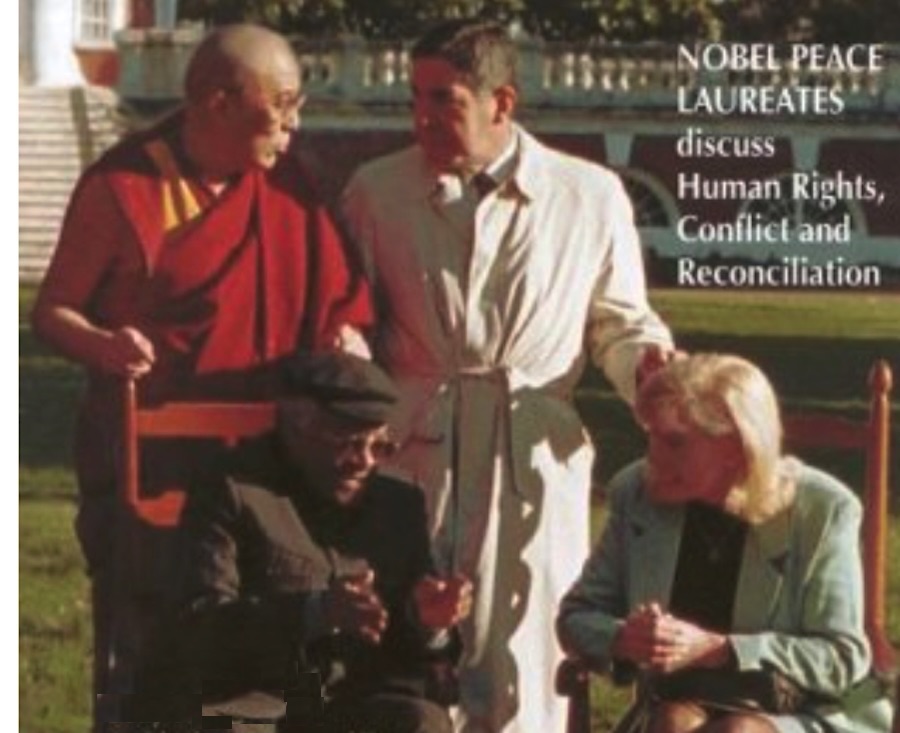
Photo of Nobel Peace Prize winners on the cover of the Hopkins book
– First, is clarity and faith in intent to create peace (Hopkins 2000), (Nelson 2021) and (Alston 2010).
– Second, not necessarily in order of significance, is empathy/compassion and perspective taking (Hopkins 2000), (Hart 1997), (Groot 2023), (Rogers1980).
– Third, is the vital need to be authentic in all expressions and representations of effort to build peace (Stewart 2021), (Groot 2023).
– Fourth, is Hope (Saleem 2023).
– The fifth quality is perseverance (Zomeren 2018) in the intent and practice, with constant correction in modifying efforts, to move toward the goal of peace (Ueshiba 1992), (Valez 2021).
From 1997, in the arena of the American Psychological Association, within the divisions of Humanistic Psychology, Psychology of Religion and Spirituality, Peace Psychology, and International Psychology, a working group was established to build peace in each of these venues through various efforts. This has been manifest in over 200 symposia, ongoing endeavors, newsletter articles, and working group meetings and discussions where examples of the applications of these character strengths were presented.
Community work in Haiti
For many years the international focus of our peace work has been focused on the economically and environmentally devastated population of Haiti. The work included humanitarian assistance and trauma relief as well as economic support. We worked with faith leaders, corporate leaders, NGOs and colleagues on behalf of these displaced and traumatized people. In addition, employment opportunities were created. The engagement of community-academic partnerships with community psychologists allowed for effective collaborative actions. Perspective taking within a cultural-relational perspective (Zomeren, 2018) helped to make our ongoing evaluation process reliable and effective. Many jobs for youths and sustainable projects in academic settings were created as byproducts. (Stewart 2021) addresses these issues and describes how important evaluative actions occur with trusted partners across community sectors to provide alternatives within socioeconomic levels.
(Article continued in right column)
Questions for this article:
How important is community development for a culture of peace?
(Article continued from left column)
We examined underlying processes and thereby administered and maintained a humanitarian and sustainable initiative for several years. We were able to infuse hope into the populace for this period of time (Saleem, 2023) which significantly moderated the relationship between an intolerance of uncertainty and psychological wellbeing. This highlighted the importance of hope as a protective factor within a highly compromised population. Hope is a critical coping strategy, within an environment of a humanitarian and sustainable initiative along with economic support (Saleem, Appiah-Boateng, 2023). As Tolstoy expressed, “the strongest of all warriors (in the battle to create peace) are these two – time and patience.”
* Dr. Handwerker is a licensed psychologist. His website is www.peacewk.org and his email is peacewk@peacewk.org.
References
Alston, B. (2010) editor. Chapter on “Promoting deeper values: lessons learned and some common themes” in Visions in Conflict: International Perspectives on Values and Enmity. ND Enterprises. Hawaii, USA.
Appiah-Boateng, S. , Bukari, K.N. (2023) Coping Strategies for Victims of Farmer-Herder Conflicts in Ghana. Peace and Conflict: Journal of Peace Psychology. 29(4), 448-458. https://doi.org/10.1037/pac0000655.
Groot, M., Schaafsma, J., Veerkamp, J. et. al. (2023) “Righting the Wrong”: A Multicounty Study on Peoples Perceptions of “Making Things Right” in the Wake of Human Rights Violations. Peace and Conflict: Journal of Peace Psychology. 29(4), 394-408. https://doi.org/10.1037/pac0000691.
Handwerker, S. (2023) “On Building Societal Peace: A Humanistic and Humanitarian View. Society for Humanistic Psychology November Newsletter.
Hart, T. (1997) Transcendental Empathy is the Therapeutic Encounter. The Humanistic Psychologist. 25(3),245-270. https://doi.org/10.1080/08873267.1997.9986885.
Hopkins, J. editor (2000). The Art of Peace. Snow Lion Publications, New York. ISBN: 1-55939-149-9. https://www.shambhala.com/snowlion_articles/the-art-of-peace/https://www.shambhala.com/snowlion_articles/the-art-of-peace/.
Nelson, L. (2021) Identifying determinants of individual peacefulness: A psychological foundation for peace education. Peace and Conflict: Journal of Peace Psychology. 27(2), 109-119.
Rogers, C. R.. (1980) A way of being. Houghton Mifflin. New York.
Saleem, M. , Rizvi, T. & Bashir, I. (2023) The role of hope in buffering the influence of intolerance of uncertainty on student’s psychological well-being. Peace and Conflict: Journal of Peace Psychology. 29(4), 374-384. https://doi.org/10.1037/pac0000697.
Shifferd, K. , Hiller, P. and Swanson, D. (2016) A Global Security System: An Alternative to War. WORLDBEYONDWAR.ORG.
Stewart, D., Jesson, N., and Watson, F. (2021) Examining conflict mediation to prevent violence through multivector partnerships. Peace and Conflict: Journal of Peace Psychology. 27(2), 170-81.
Ueshiba, M. (1992) The art of peace. Shambhala. New York.
Valez, G. and Gerstein, L. (2021) Supporting peaceful individuals, groups and socieities. Peace psychology and peace education. Peace and Conflict: Journal of Peace Psychology. 27(2), 103-108.
United Nations (1948) Universal Declaration on Human Rights.
Yueh-Ting Lee and Holt, L. (2019) Chapter 6 Daoist Psychology, Peace and the Process of Transformation. in Dao and Daoist Ideas for Scientists, Humanists and Practitioners. Nova Science Publishers. New York. ISBN: 978-1-53616-544-9.
Zomeren, M. (2018) Social Movements and Political and Social Transformation: In Search of a Bigger Picture: A Cultural-Relational Perspective on Social Transformation and Violence. Peace and Conflict: Journal of Peace Psychology. 24(1), 171-76.
